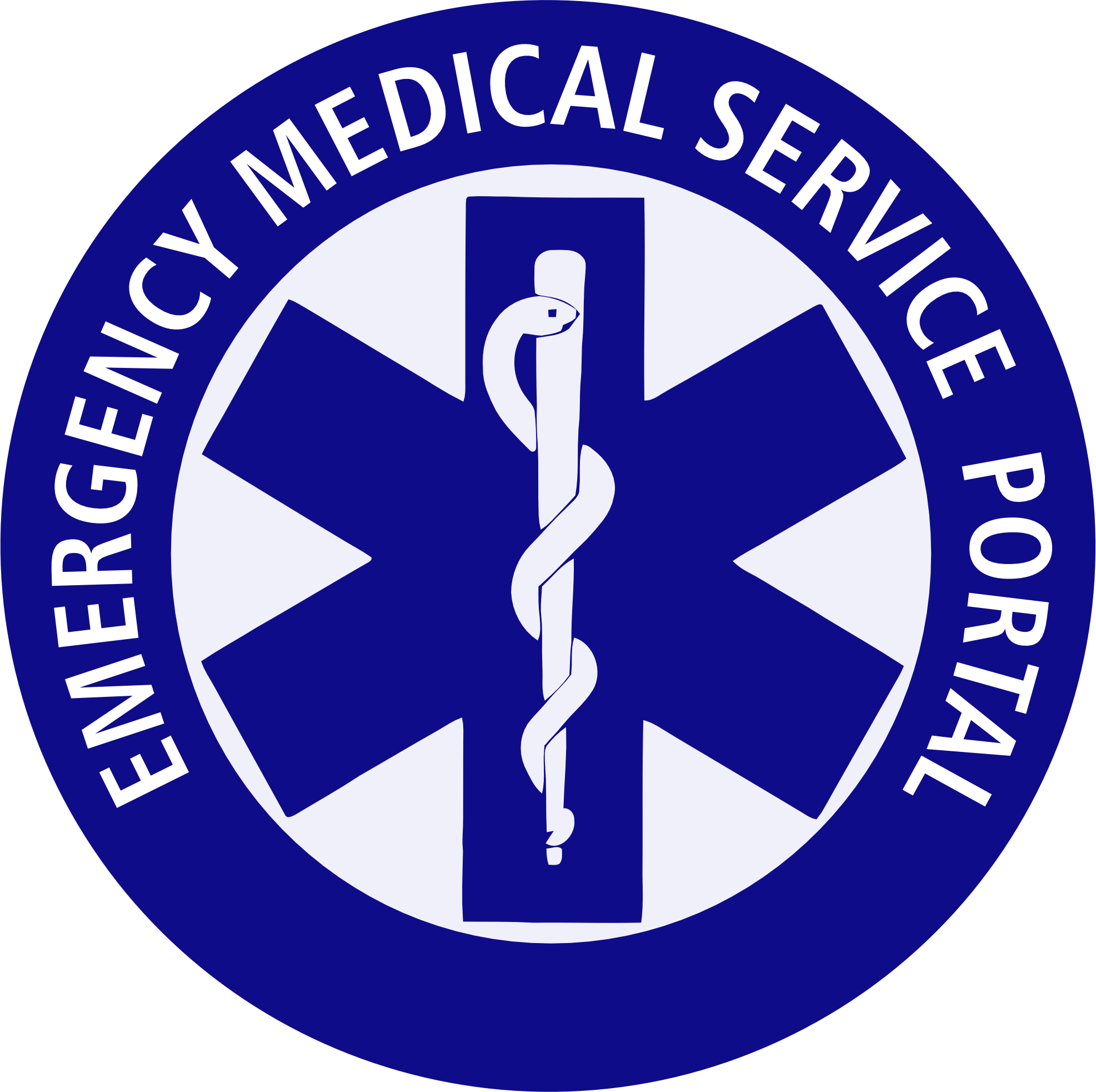RSI (Rapid Sequence Intubation) is a rare and highly critical procedure with the potential for serious complications.
The main feature of any good program is the continuous assurance of quality. The purpose of a qualifier is to enable competent authorities to determine whether emergency medical service personnel are capable of implementing the intubation program in a rapid sequence in the field.
Any competent authority overseeing professional supervision must have established a quality management program, maintain documentation demonstrating that emergency medical service staff are capable of managing the airway, including endotracheal intubation, basic life support procedures, establishing an auxiliary airway, capnography, video laryngoscopy, CPAP (Continuous Positive Airway Pressure), bougie, etc.
Quality Management in RSI
Every call related to a post-RSI/intubated, sedated, and paralyzed patient requires expert oversight and control.
Review includes:
- Administered pharmacological agents
- Any difficulties encountered
- Complete documentation
- Written feedback on whether RSI was indicated and appropriate
- Scheduling of revision training, as needed
Documentation should be maintained regularly and accurately. The minimum data that should be recorded during the RSI procedure includes:
- Time to the patient
- Patient’s age
- Patient’s weight
- Staff impressions
- Applied protocol
In addition, complete documentation of administered medications is necessary, including:
- Names of medications
- Medication dosages
- Method of medication administration
- Response to the medications
- Authorization
- Complications
Minimum descriptive documentation must include:
- Every procedure performed
- Current confirmation methods
- Subsequent care


0 Comments